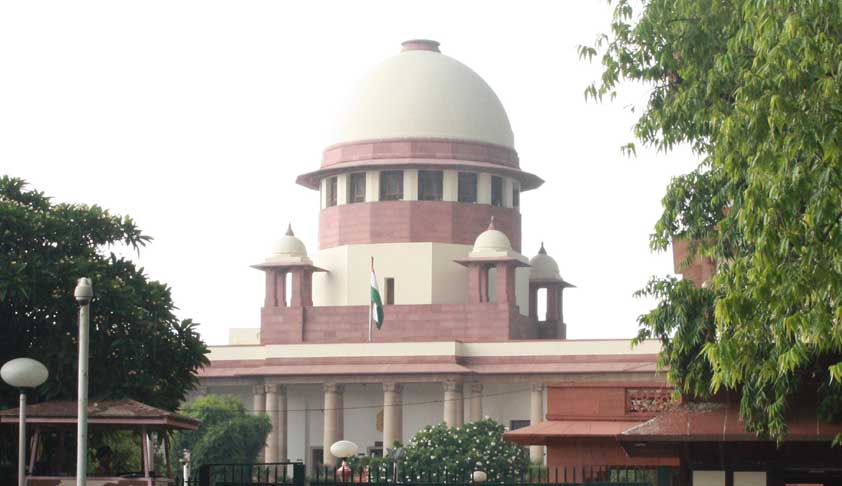Next Story
6 Sept 2013 4:20 PM IST
The Supreme Court has rejected Centre’s review petition seeking the review of its judgement, known as ‘Lily Thomas Case’, debarring convicted MPs and MLAs, who have been awarded two years or more jail term, from contesting elections. Though large sections of the society had welcomed the judgement, parties across the political spectrum were unwilling to accept it.In the judgment delivered...

